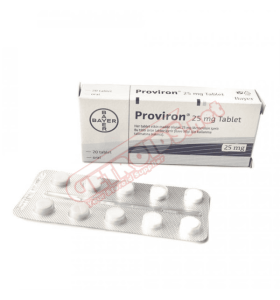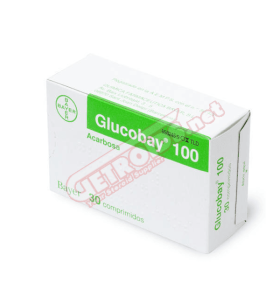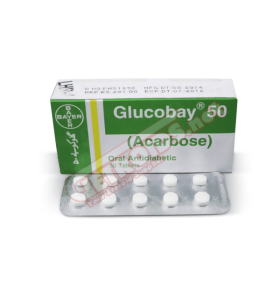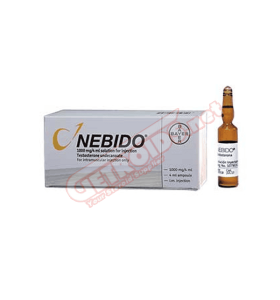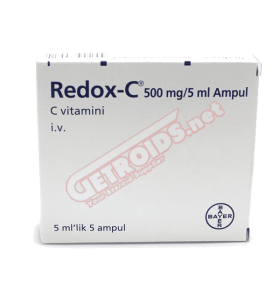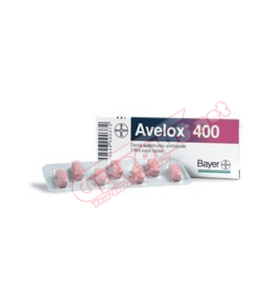Bayer
About Bayer Pharmacy:
Bayer is a multinational chemical and pharmaceutical company headquartered in Leverkusen, Germany. Bayer has a wide range of research areas and production-oriented departments ranging from human and animal medicines to health care products, agricultural chemicals to biotechnology products. With annual turnover of around $ 40 billion, Bayer continues to operate with more than 100,000 employees worldwide.
Bayer was founded on August 1, 1863 by Friedrich Bayer and his partner Friedrich Weskott in the Barmen district of Germany, now in the city of Wuppertal. Bayer's first major product is acetylsalicylic acid, which we know very closely with Aspirin. Acetylsalicylic acid is a modified form of salicin, derived from the bark of salicylic acid or willow tree. In 1853, French chemist Charles Frederic Gerhardt made the process for the first time. In 1889, Bayer made the name Aspirin a worldwide registered trademark. But after the First World War, which broke out in 1914, the assets of the company were confiscated in the United States. Almost the same process was applied in England and France. Therefore, even in these three countries, the Aspirin name is used for all drugs that have the same function. Aspirin is recognized as a registered trademark of Bayer in more than eighty countries, including Canada, Switzerland and Mexico.
The trademark of Bayer, which we know of, does not end with Aspirin. Of course, the most amazing one is heroin! Yes, nowadays heroin, which is now banned in many places, has remained a registered trademark of Bayer until the end of the First World War. From 1898 to 1910 heroin, also known as diamorphine or diacetylmorphine, was introduced by Bayer as a substitute for antifungal and morphine, but not as addictive.
After the First World War, Bayer's assets in the US, Canada and several other countries were confiscated and the trademark registrations were canceled. All the assets and registered trademark rights of the Company in the United States and Canada were purchased by another pharmaceutical company, Sterling-Winthropt. As a twist of history, in 1994 Bayer bought Sterling-Winthrop.
Since its establishment, Bayer laboratories have been working in areas which innovations in the pharmaceutical industry have emerged. In particular, the formulations of certain drugs produced after the First World War have been reserved, but the necessity of explaining the structure of the chemicals that are listed in the list of essential compulsory drugs of the World Health Organization has emerged. Since November 1, 2010, Dutch-based chemist and manager Marijn Emmanuel Dekkers has anounced as CEO of Bayer.




















